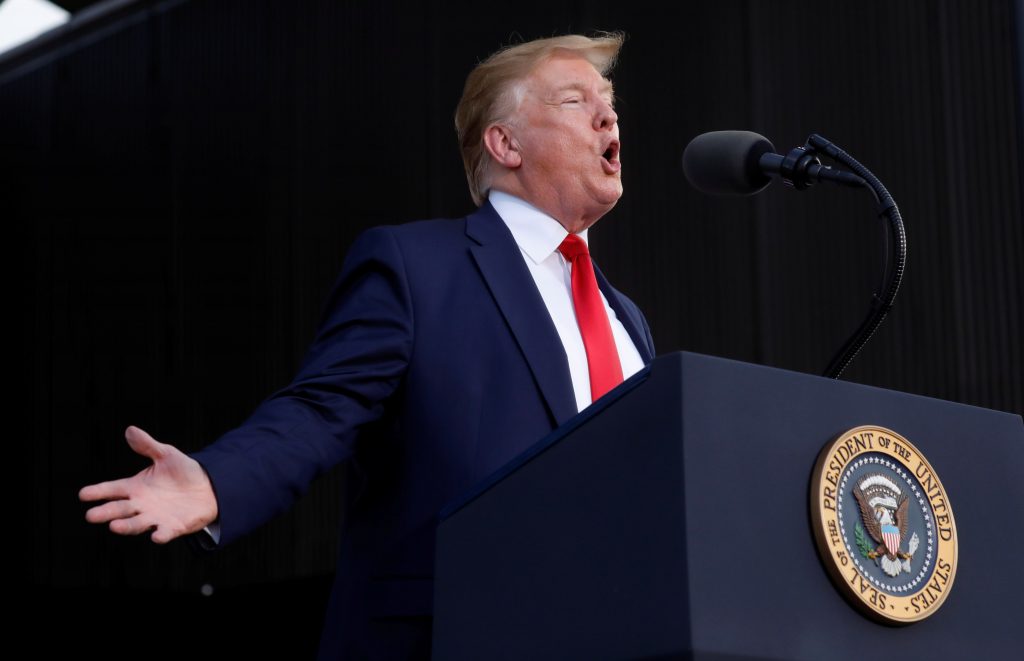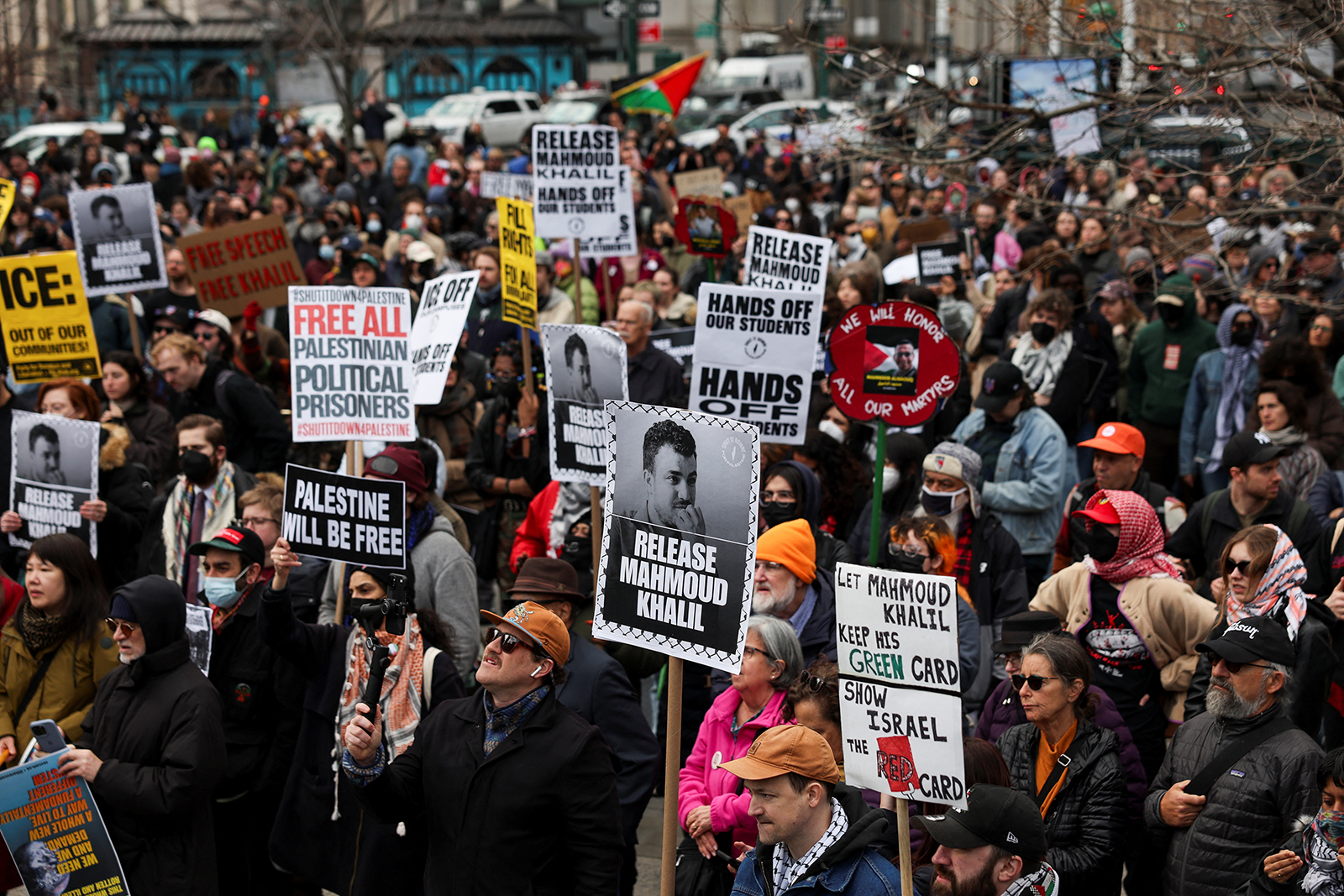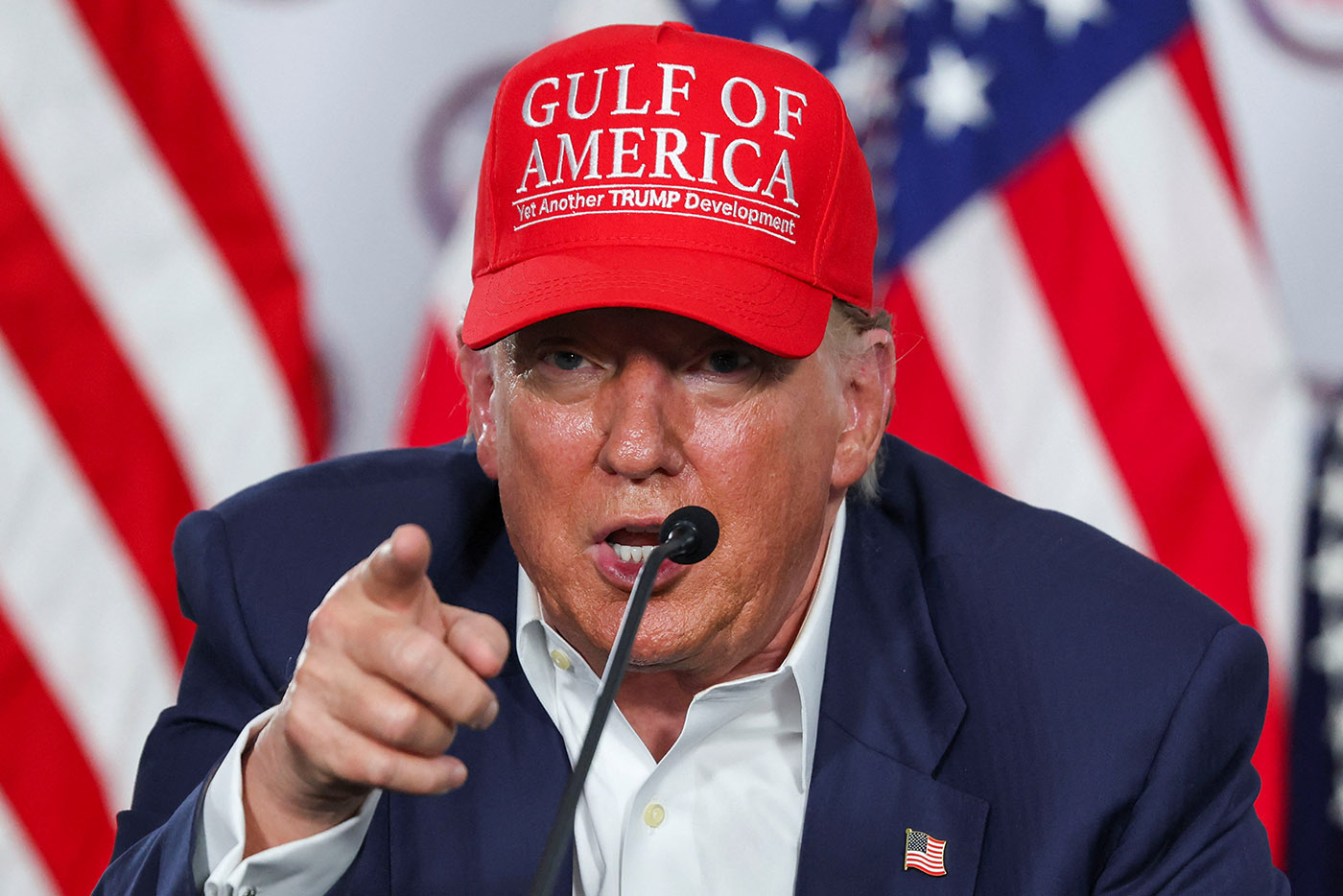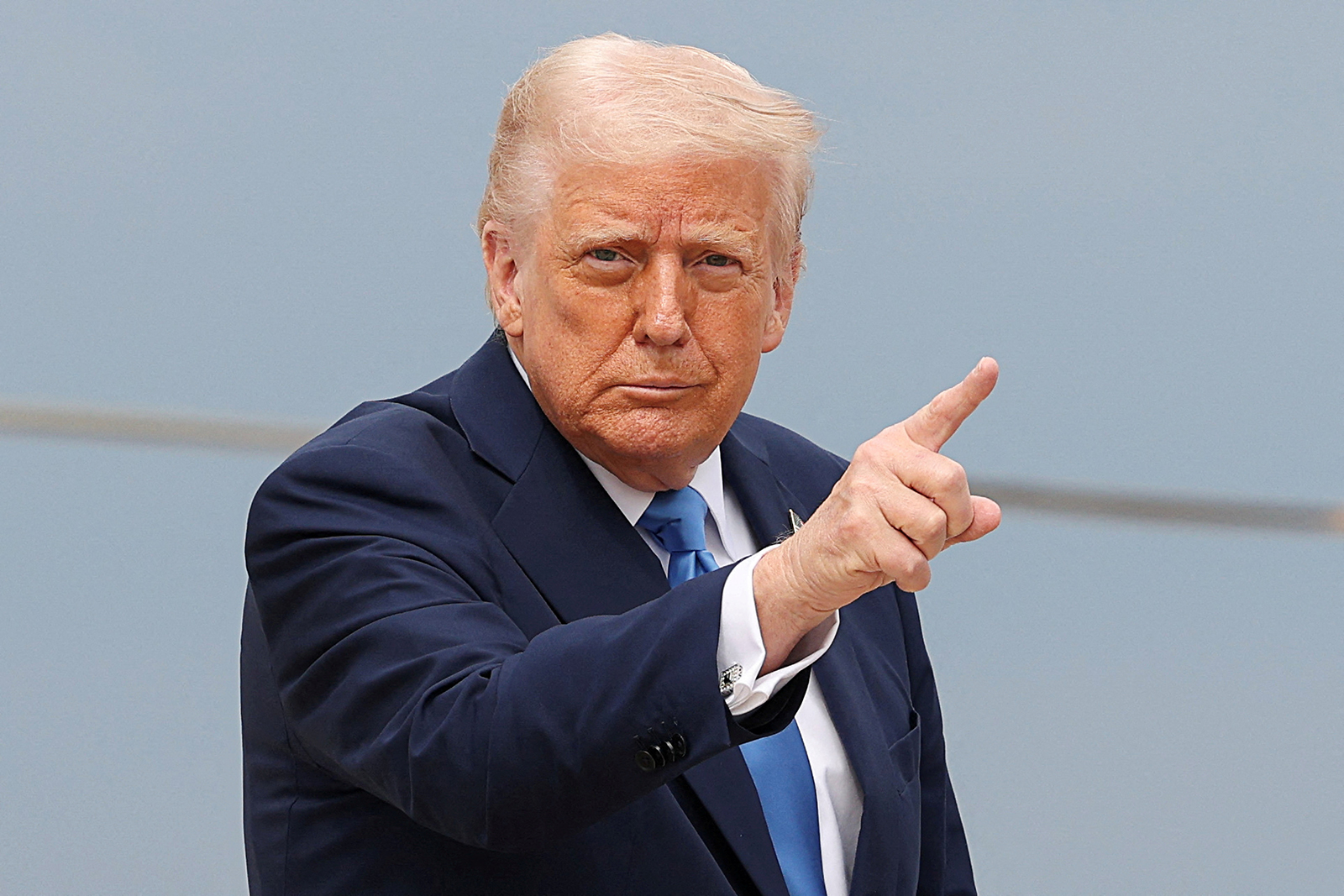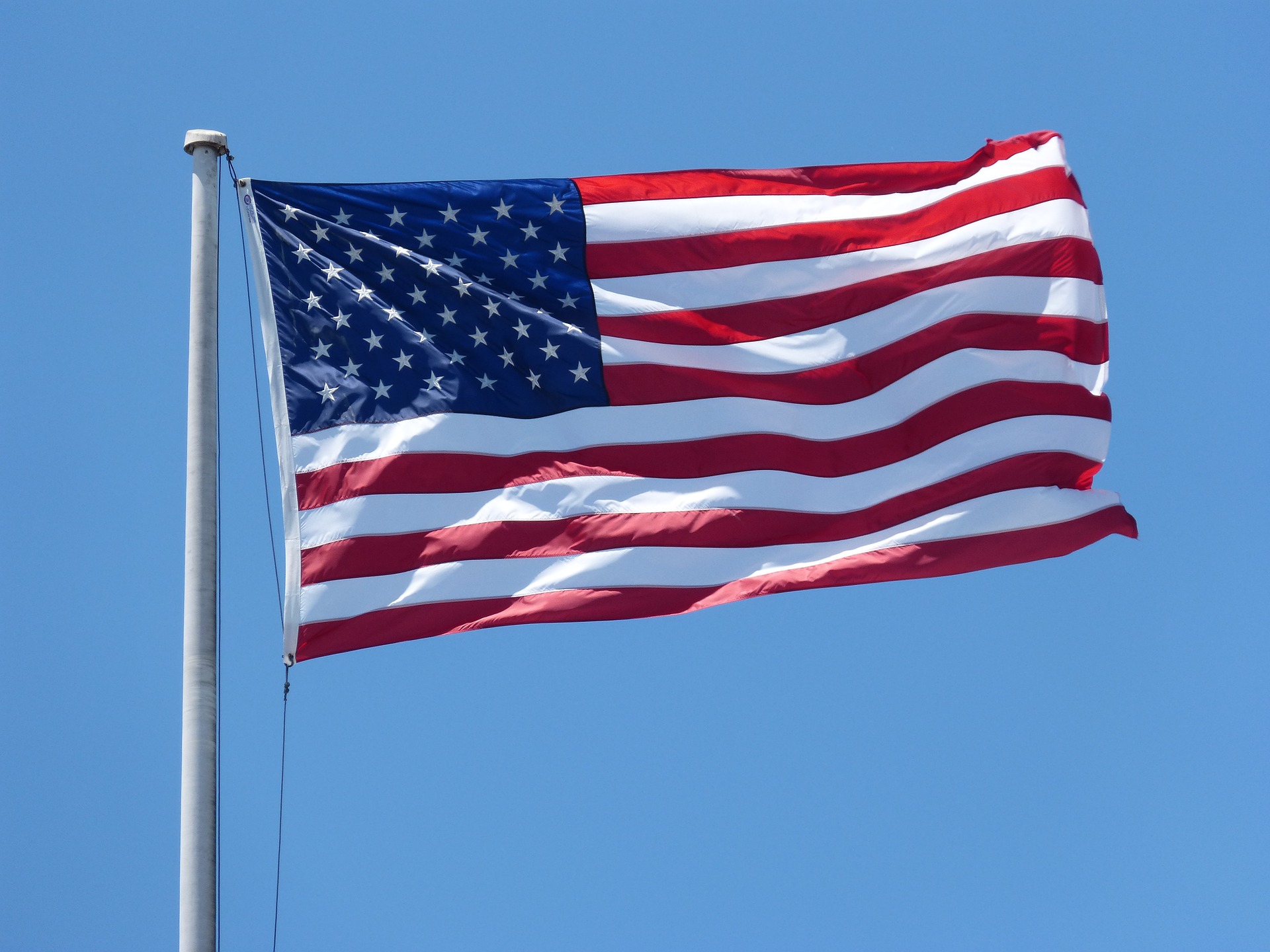Updated 3/25/2020: District court rejected Donald Trump’s motion to dismiss PEN America’s lawsuit, says the case can proceed.
PEN America filed its response to a motion to dismiss filed on April 10 by the Department of Justice on behalf of President Trump.
In October 2018, PEN America sued Trump, claiming that the repeatedly violated the First Amendment by retaliating against speech that is critical of him.
The complaint characterized a pattern of behavior by Trump intended to either retaliate against his critics or suppress their voices. The complaint cited examples such as the Department of Justice’s attempt to block the Time Warner/AT&T merger (Time Warner is the parent company of CNN), and Trump’s issuing of an executive order to raise postal rates to punish Amazon and its CEO, Jeff Bezos, who also owns the Washington Post.
On April 10, 2019, the Department of Justice filed a motion to dismiss PEN’s suit, stating that the organization lacked the standing to sue him, because the only member listed in the complaint was CNN’s Jim Acosta who had his White House press pass reinstated after the network sued. The motion to dismiss also claimed that PEN failed to state a plausible claim, saying that the allegations of chilled speech are “too generalized to support relief: plaintiff has not identified any speaker — a member of plaintiff or not — whose speech has actually been chilled.”
On May 10, PEN filed its answer to the motion to dismiss, citing Heffernan v. City of Paterson, Hartman v. Moore, and Bantam Books, Inc. v. Sullivan,to bolster its First Amendment violation claims.
“This constitutional protection operates through two separate but related doctrines: a prohibition on threats intended to chill the exercise of free expression and a prohibition on retaliatory acts designed to sanction groups or individuals for their First Amendment activities. This case involves both types of unconstitutional conduct. Defendant Trump has broadly threatened adverse action against perceived critics in the press and has engaged in retaliatory acts to punish the press. Taken together, his actions merge to form an ongoing scheme of unlawful informal censorship,” reads the response.
PEN notes in its response that as the brief was being written, the White House implemented new rules that will restrict the number of reporters allowed to enter the grounds. Journalists’ “hard passes” will be renewed only if they entered the White House grounds at least 50 percent of the time in the 180 days leading up to its renewal.
The new policy ended access for most of the members of the White House press corps, including Dana Milbank, a veteran Washington Postreporter who has been a vocal critic of the Trump administration. However, the new rules allows for certain exceptions for “senior journalists” who meet special circumstances,” but the White House doesn’t explain how they arrive at those decisions. Currently, most of the members of the White House press corps have had their passes renewed under the exceptions, but not Milbank.
“Such selective denial of an exemption based on the exercise of freedom of expression is an obvious First Amendment violation, and an example of the President’s ongoing retaliatory conduct,” stated the response.
This story has an update.
PEN America The Hollywood Reporter PBS
Tags
